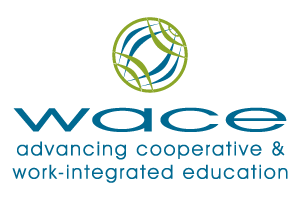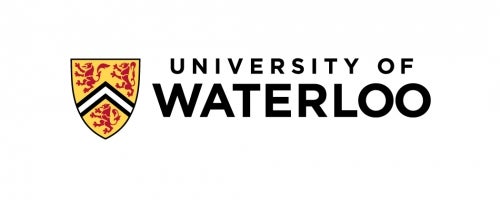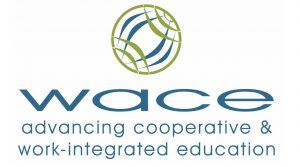Program and Call for Abstracts |
As a general guide for proceedings papers, authors should only present a facet of the data and the analysis rather than all the findings, limit or avoid implications arising from the work (but authors may want to discuss these during the oral presentation), limit the scope of the literature review, and focus more on describing the findings rather than critically discussing the findings. The proceedings paper should be a snapshot of what work the authors are currently undertaking. A journal article should be the full, comprehensive, and final product of a completed work. For transparency, the subsequent journal article should include an acknowledgement that “an earlier version of this work was presented in YEAR at the NAME conference”. | ||||||||||||||||||||||||||||||||||||||||||||||||||||||||||||||||||||||||||||||||||||||||||||||||||||||||||||||||||||||||||||||||||||||||||||||||||||||||||||||||||||||||||||||||||||||||||||||||||||||||||||||||||||||||||||||||||||||||||||||||||||||||||||||||||||||||||||||||||||||||||||||||||||||||||||||||||||||||||||||||||||||||||||||||



